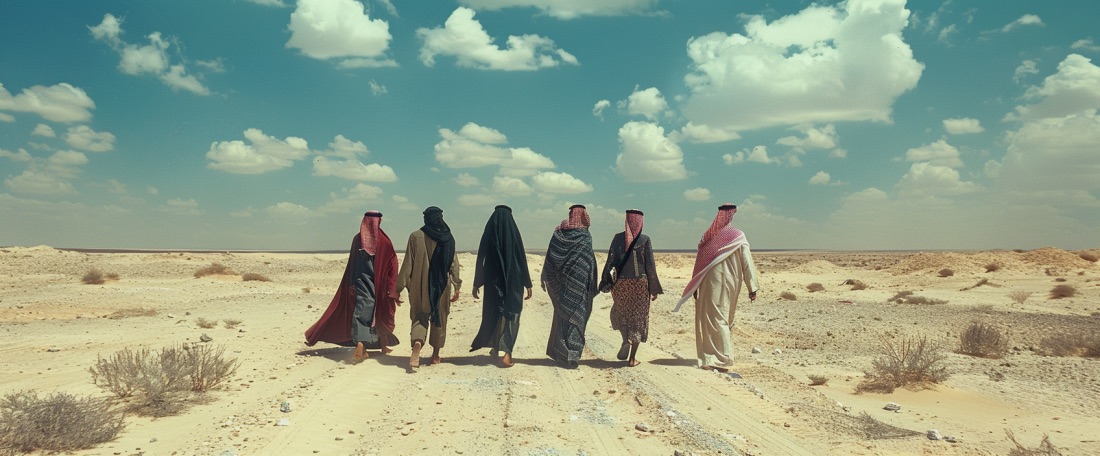Saudi Arabia Leads the Way in WTO Dispute Settlement Body
In a display of its global influence and economic power, Saudi Arabia has taken the helm of the World Trade Organization’s Dispute Settlement Body. This leadership position signifies the international community’s trust in the Kingdom’s capabilities, according to a high-ranking official.
Driving Essential Reforms
Saqer Abdullah Al-Moqbel, the Kingdom’s permanent representative to the WTO, highlighted Saudi Arabia’s proactive stance in advocating for crucial reforms within the organization. These reforms are geared towards enhancing trade flows and streamlining the exchange of goods and services.
Empowering Member States
As the chair of the DSB for 2024-2025, Al-Moqbel emphasized that WTO member states have the autonomy to utilize the dispute settlement mechanism independently. This autonomy allows for a fair and unbiased resolution process without the need for approval from the opposing party.
Ensuring Fair Trade Practices
The ambassador stressed the importance of the WTO’s comprehensive dispute settlement mechanisms, which encourage active participation from members. In cases where negotiations fail, parties can file complaints with the DSB, ensuring adherence to clear international trade rules for all parties involved.
Key Functions of the DSB
The DSB plays a crucial role in resolving trade disputes, with over 350 rulings issued since 1995. It has the authority to establish dispute settlements, refer matters to arbitration, and oversee the implementation of recommendations and rulings. Additionally, the body can authorize the suspension of concessions in cases of non-compliance.
Global Economic Regulation
Headquartered in Geneva, the WTO serves as the world’s largest international economic organization, regulating and facilitating global business exchanges among its 164 member states. With a mission to promote fair trade practices, the WTO plays a vital role in shaping the global economy.

